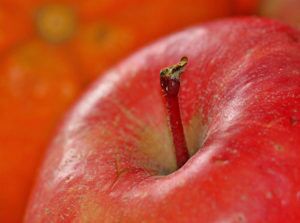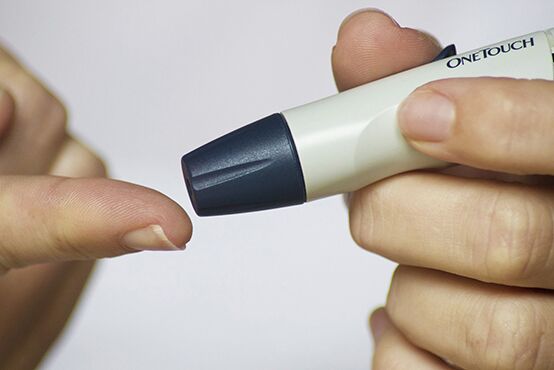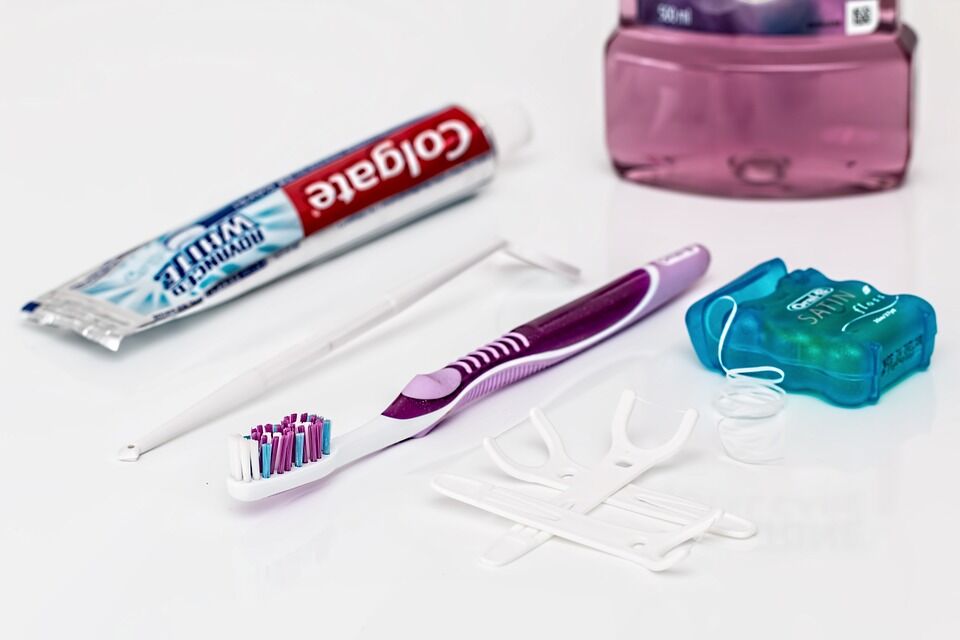The food children eat affects their long term oral health. Some foods have nutrients teeth need. Others are full of acids and sugars that are harmful to teeth. With so many unhealthy food choices being marketed to children every day, it is vital that you take a stand. Offer fun, healthy snacks and model the better food choices you want your kids to make.

Offer healthy snack choices. Kids should have a well-balanced and nutritional diet. This not only promotes overall health but also helps build a strong healthy smile. Nutrition is an important part of oral health. Teaching your kids about eating healthy and limiting sugary foods will help foster a balanced diet from an early age. This will form habits that will result in a lifetime of strong teeth and better overall health.
Have fun with snacks. Promote a nutritious diet by getting creative with snack choices. If you show your kids that healthy snacks are fun, they will be more likely to eat them. Apple slices with peanut butter, fruit smoothies, and yogurt with granola or fruit are great examples of fun, yet healthy combinations. Remember to avoid soda and sugary drinks. These can leave sugars on teeth and can increase the risk of plaque and tooth decay. Water is always the best solution! Eating a well-balanced lunch and dinner is important as well. Make sure to add a variety of fruits and vegetables to every meal so that your kids become accustomed to them.
Be a good role model. Children learn habits by following the example set by their parents. Send your kids the right message by eating plenty of fruits and vegetables yourself. Avoid sugary snacks that can cause cavities or gum disease. Be sure to practice good oral hygiene in front of your kids. If you brush and floss after meals and snacks, your kids will follow the example. Consider brushing together with your child to reinforce good brushing skills and habits. Make sure to brush at least twice a day, after breakfast and before bedtime. If it is possible, try to encourage your child to brush after lunch or after sweet snacks.
Follow up. Don’t forget it is also very important to have regular dental appointments for your child, and model healthy habits by seeing your own dentist regularly. If you have any further questions, feel free to contact us for more ideas on how to promote healthy snacking for great long term dental health!















